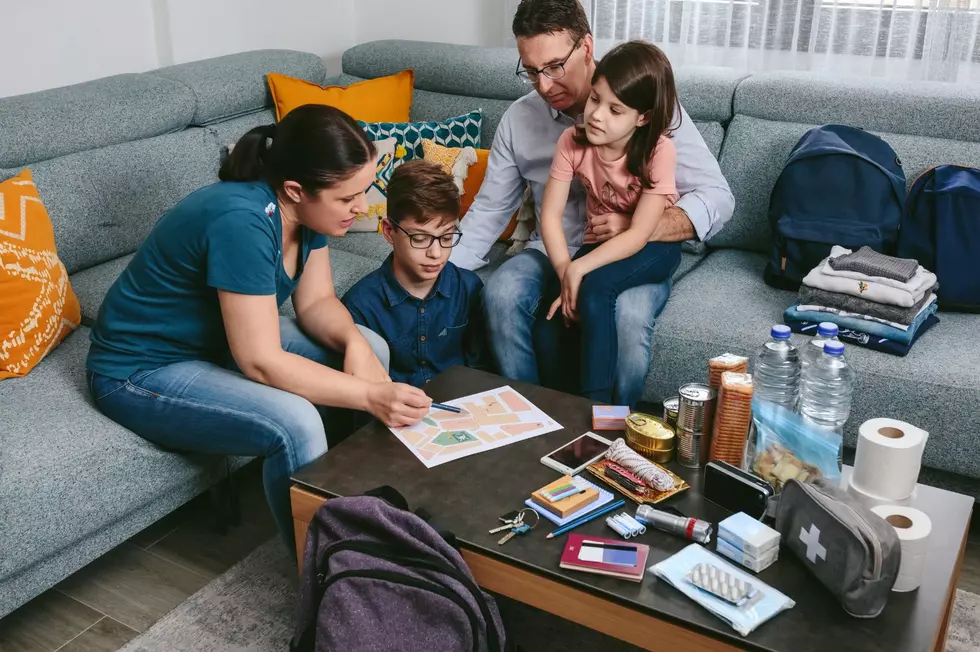
Are You Financially Prepared for the Death of Your Spouse?
Just the thought of life without my husband makes me sick to my stomach.I don't even remember my life before Jay and I can't stand the thought of life without him.
A few years ago, I lost a father figure to pancreatic cancer. As if his passing weren’t heart wrenching enough, I’ve had to watch the love of his life struggle to make ends meet since his death because everything landed in her lap.
My own dad has been incredibly ill for several years and even after all this time, my mom still isn’t ready to start talking about the what-if’s. Just as I don't want anything to happen to my husband, I don't want anything to happen to my dad, but I’ve started doing a little research so that in the event the worst happens, plans are in place.
The death of a spouse is one of the most devastating events of a person's life. It’s easy for the surviving spouse to look at the piling bills and feel confused and overwhelmed, but every expert I've talked to has offered this huge piece of advice: don't make a single financial decisions for six months to a year. Don't put your house on the market. Don't give away money to your kids or charity. Don't sell stocks or bonds. And don't agree to move in with one of your adult kids. All of those things seem to make perfect sense as things to do, but if your spouse dies, you need a few months to be still and to process everything.
We want to think that everything is always going to be roses forever, but the fact of the matter is, it won’t be. If you and your spouse work together, you can make sure that if something happens to the other of you, the surviving spouse will be take care of. And isn’t that what you really want?
Kiplinger has put together a wonderful list to not only help you prepare, but can also be used to help surviving spouses figure out which financial tasks need to be addressed right away. Included on the list is the need to gather documents, passports policies, bank statements and the like and to use colored folders to organize everything. They also suggest getting copies of birth, marriage and death certificates as well as military discharge papers.
By organizing everything in advance and doing simple things such as leaving account passwords in a safe in your home, you'll be helping your spouse in the event they're left without you. See what else Kiplinger suggests you do to make sure your affairs are in order, here.
[via Kliplinger]
More From 98.1 The Hawk









